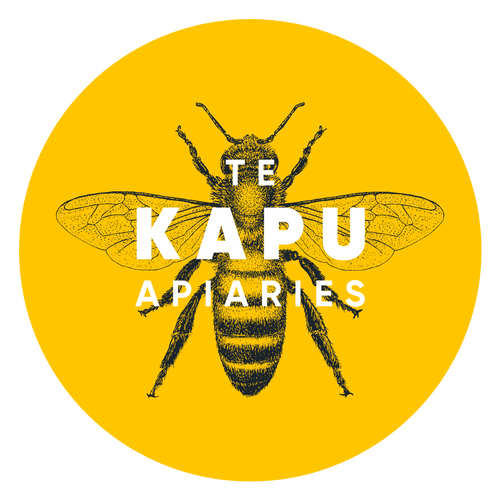
Sustainability
The term 'sustainability' should be viewed as humanity's target goal of human-ecosystem equilibrium (homeostasis), while 'sustainable development' refers to the holistic approach and temporal processes that lead us to the end point of sustainability.
Despite the increased popularity of the use of the term "sustainability", the possibility that human societies will achieve environmental sustainability has been, and continues to be, questioned in light of environmental degradation, climate change, overconsumption, population growth and societies' pursuit of unlimited economic growth in a closed system.
Sustainability focuses on meeting the needs of the present without compromising the ability of future generations to meet their needs. The concept of sustainability is composed of three pillars: economic, environmental, and social—also known informally as profits, planet, and people.
Sustainability encourages businesses to frame decisions in terms of environmental, social, and human impact for the long-term, rather than on short-term gains. It influences business to consider more factors than simply the immediate profit or loss involved. Increasingly, companies have issued sustainability goals such as commitment to zero-waste packaging or to reduce overall emissions as two examples.
The focus today is for companies to achieve sustainable needs by cutting emissions, lowering energy usage, sourcing products in a fair-trade manner and ensuring their physical waste is disposed of properly with as small of a carbon footprint as possible.
The push for sustainability is evident in areas such as energy generation where the focus has been on finding new deposits to outpace the drawdown on existing reserves. Some electricity companies, for example, now pursue goals for energy generation from sustainable sources such as wind, hydropower, and solar, all of which are widely available here in New Zealand.
At Te Kapu Apiaries, with a dependence on our natural environment and a healthy and functioning biodiversity and eco-system, we are always looking for more sustainable methods to nurture, harvest and produce our range of honeys for our customers.
One key way that we are doing this is by completely changing our packaging moving away from plastics into standard 500 gram and 1 kg glass jars with easy to peal labels that can then be recycled, repurposed and reused within the home in many ways.
As a business and local employer, keeping our environment healthy is vitally important to us. Its in our DNA in order to bring to market the quality product that bears our name developed over time by three generations of clearly focused beekeepers working hand-in-hand with nature.
Reference Source: Investopedia, youmatter.world, own sources
